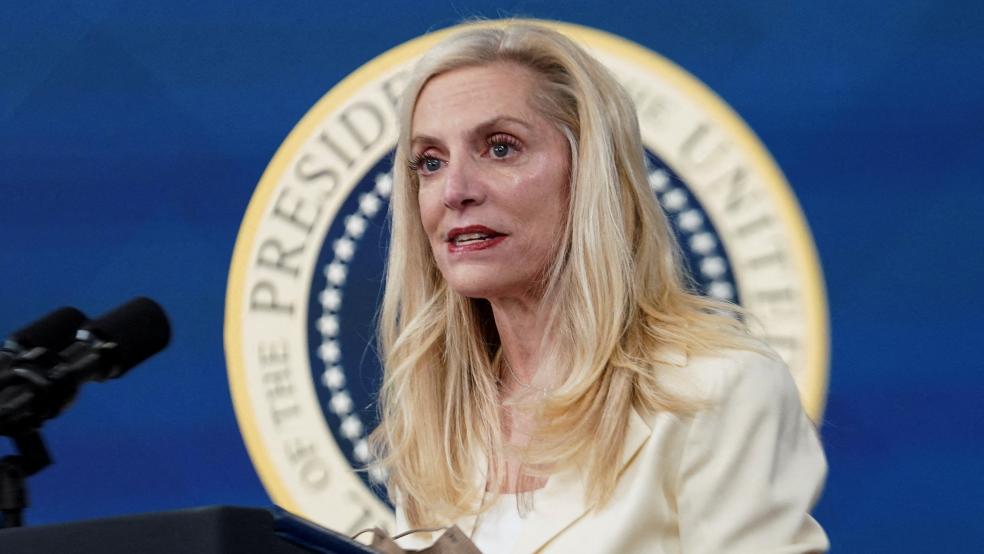Lael Brainard, the former vice-chair of the Federal Reserve who now leads President Joe Biden’s National Economic Council, said Monday that the U.S. economy has reached a critical point in the battle against inflation.
“Today, we are at an important turning point,” Brainard said in prepared remarks delivered at the Council on Foreign Relations in New York. “Inflation is coming back down close to normal levels, and it is important to safeguard the important labor market progress we have made.”
Brainard’s comments come just days before the Federal Reserve announces its decision on interest rate policy, with expectations running high that the central bank will start to reduce its key interbank lending rate at the conclusion of its meeting on Wednesday. Although Brainard avoided a direct appeal to the Fed — and explicitly cited the Biden administration’s commitment to the Fed’s independence — a rate cut, likely the first of a series, could boost the economy and help bolster a labor market that is beginning to show signs of fatigue following a remarkable multi-year run of strong performance.
Celebrating a soft landing: Brainard reminded her audience that many economists had expressed doubts that the Biden administration and the Fed could bring inflation back to the 2% target range without significantly slowing the economy and raising unemployment — the “soft landing” that has so rarely been achieved by policymakers in the past.
But inflation is now “close to its level just before the pandemic,” Brainard noted, “while we have maintained the lowest average unemployment of any administration in over 50 years, and real GDP has grown by 2.9 percent per year on average.”
Brainard said that the unexpected combination of easing inflation and strong economic growth suggests that the price instability seen during and after the pandemic was driven by discrete shocks — first, the pandemic itself, followed by the Russian invasion of Ukraine — that faded over time.
Additionally, the fact that the U.S. has seen a stronger economic recovery from the pandemic amid an inflationary surge that was experienced in other parts of the world suggests that specific U.S. economic policies played an important role in the trajectory of the recovery (see the chart below). “While we must continue our work to lower costs, administration policies to protect balance sheets and support small businesses, families, workers, and communities played an important role in supporting the broad-based recovery in the US, and early investments in fixing supply chains helped ease shortages and price pressures, along with ongoing supply-side investments,” Brainard said.
A change in focus: With inflation all but beaten, Brainard called on policymakers to turn their attention to maintaining growth in the labor market and the broader economy. To do so, Brainard cited policies enacted or proposed by Biden and Vice President Kamala Harris aimed at aiding middle- and working-class families, including investments in clean energy, programs to reduce drug prices, subsidies for new home construction, and the expansion of the Child Tax Credit.
Brainard also noted that the policies of the Biden administration offer a sharp contrast with those proposed by the Republican presidential nominee, former President Donald Trump, which she said would produce negative results. “This is very different from an approach that would weaken our economy by undermining the independence of the Federal Reserve and the rule of law, add trillions to the debt, and impose what amounts to a sales tax of $4,000 on middle-class families,” she said, referring to Trump’s call for higher tariffs on a range of imported goods.
Economy
Top White House Adviser Says US Economy at ‘Turning Point’

Reuters/Kevin Lamarque


